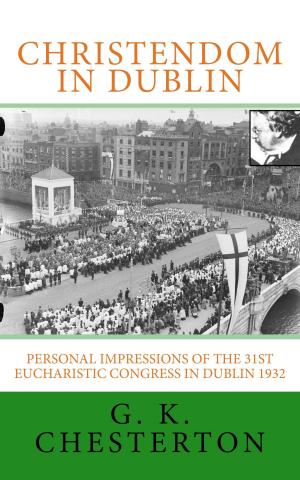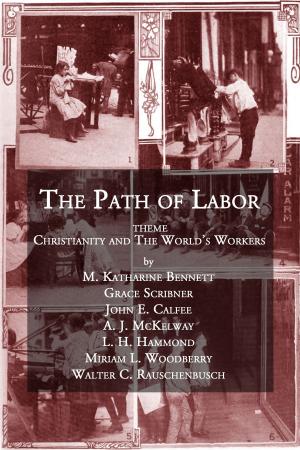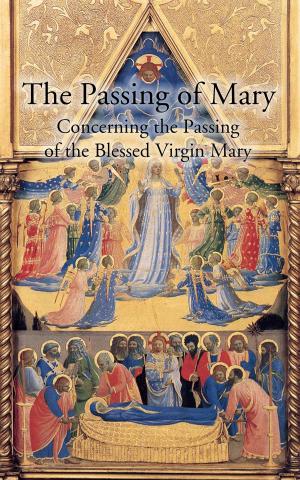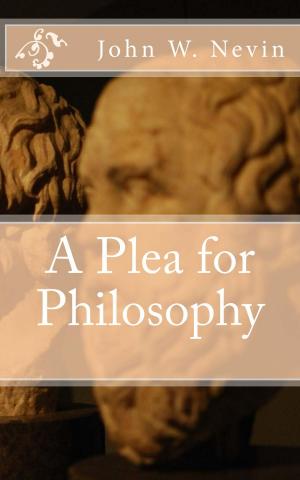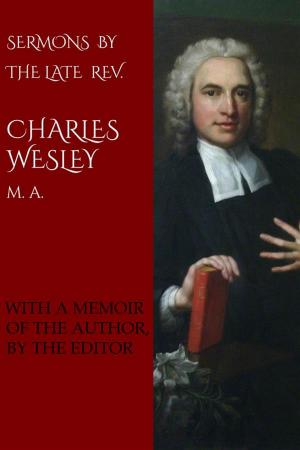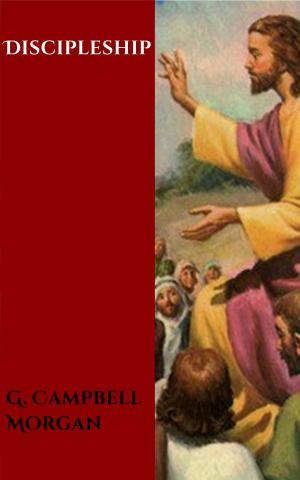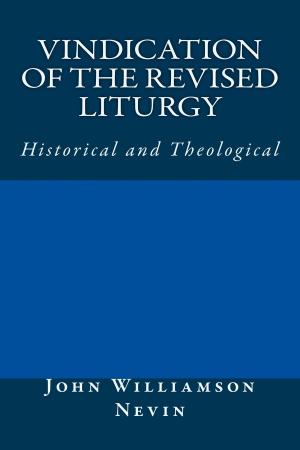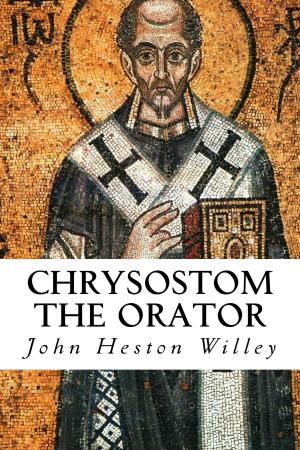The Muslim Doctrine of God
An Essay on the Character and Attributes of Allah according to the Koran and Orthodox Tradition
Nonfiction, Religion & Spirituality, Middle East Religions, Islam| Author: | Samuel Zwemer | ISBN: | 1230001932669 |
| Publisher: | CrossReach Publications | Publication: | September 25, 2017 |
| Imprint: | Language: | English |
| Author: | Samuel Zwemer |
| ISBN: | 1230001932669 |
| Publisher: | CrossReach Publications |
| Publication: | September 25, 2017 |
| Imprint: | |
| Language: | English |
Jews, Christians and Mohammedans believe in one God and yet differ widely in their interpretation of this idea. Unless we know the Moslem’s idea of God we cannot understand his creed nor judge his philosophy, nor intelligently communicate our idea of God to him. The strength of Islam is not in its ritual nor in its ethics, but in its tremendous and fanatical grasp on the one great truth—Monotheism.
Our purpose in these pages is to learn the extent and content of this idea; an idea which holds the Moslem world even more than they hold it. I have found no book in English, among the wealth of literature on Islam, that treats of this subject. In German there are two books on the theology of the Koran,1 but both are rare and limited, as appears from their titles, to a consideration of what the Koran teaches.
For a fair interpretation, however, of Islam’s idea of God we must go not only to the Koran, but also to orthodox tradition. The Hadith are the records of the authoritative sayings and doings of Mohammed and have exercised tremendous power on Moslem thought since the early days of Islam; not only by supplementing but by interpreting the Koran. The Hadith are accepted by every Moslem sect, in some form or other, and are indispensable to Islam. For proof of these statements we refer to Sprenger and Muir. The Koran-text quoted is from Palmer’s translation, together with references to the three standard commentaries of Beidhawi, Zamakhshari and Jellalain. For orthodox tradition I have used the collection known as Mishkat-ul-Misabih, because it is short, authoritative, and because an English translation of this collection exists. (Captain Matthew’s Mishcat-ul-Masabih, or a collection of the most authentic traditions regarding the actions and sayings of Mohammed; exhibiting the origin of the manners and customs, the civil, religious and military policy of the Musselmans. Translated from the original Arabic. Calcutta, 1809; 2 folio volumes.) This collection, originally the work of Bagäwi (516 A.H.) and based on the classical works of Buchari and Muslim, was edited and issued in its present form by Abdullah-al-Khatib (737 A.H.); and Brockelmann in his history of Arabic literature calls it “the most correct and practical book of Moslem traditions.” I had no access to the translation and all references are to the Arabic edition printed in Delhi.
The frontispiece is from the celebrated Shems-ul-Ma’arif of Mŭhyee-ed-Din-al-Buni, This book treats of the names of God and their use in amulets, healing, recovering lost property, etc. I am aware that in some parts of the Mohammedan world disintegration of religious ideas is in progress and that the theology as well as the ethics of Islam is being modified by contact with Western civilization, Protestant missions, and Christian morals. My idea, however, was not to sketch the theological views of Moslems in Liverpool nor of the reformers of Islam in India, but of the vast orthodox majority of the people both learned and illiterate.
Jews, Christians and Mohammedans believe in one God and yet differ widely in their interpretation of this idea. Unless we know the Moslem’s idea of God we cannot understand his creed nor judge his philosophy, nor intelligently communicate our idea of God to him. The strength of Islam is not in its ritual nor in its ethics, but in its tremendous and fanatical grasp on the one great truth—Monotheism.
Our purpose in these pages is to learn the extent and content of this idea; an idea which holds the Moslem world even more than they hold it. I have found no book in English, among the wealth of literature on Islam, that treats of this subject. In German there are two books on the theology of the Koran,1 but both are rare and limited, as appears from their titles, to a consideration of what the Koran teaches.
For a fair interpretation, however, of Islam’s idea of God we must go not only to the Koran, but also to orthodox tradition. The Hadith are the records of the authoritative sayings and doings of Mohammed and have exercised tremendous power on Moslem thought since the early days of Islam; not only by supplementing but by interpreting the Koran. The Hadith are accepted by every Moslem sect, in some form or other, and are indispensable to Islam. For proof of these statements we refer to Sprenger and Muir. The Koran-text quoted is from Palmer’s translation, together with references to the three standard commentaries of Beidhawi, Zamakhshari and Jellalain. For orthodox tradition I have used the collection known as Mishkat-ul-Misabih, because it is short, authoritative, and because an English translation of this collection exists. (Captain Matthew’s Mishcat-ul-Masabih, or a collection of the most authentic traditions regarding the actions and sayings of Mohammed; exhibiting the origin of the manners and customs, the civil, religious and military policy of the Musselmans. Translated from the original Arabic. Calcutta, 1809; 2 folio volumes.) This collection, originally the work of Bagäwi (516 A.H.) and based on the classical works of Buchari and Muslim, was edited and issued in its present form by Abdullah-al-Khatib (737 A.H.); and Brockelmann in his history of Arabic literature calls it “the most correct and practical book of Moslem traditions.” I had no access to the translation and all references are to the Arabic edition printed in Delhi.
The frontispiece is from the celebrated Shems-ul-Ma’arif of Mŭhyee-ed-Din-al-Buni, This book treats of the names of God and their use in amulets, healing, recovering lost property, etc. I am aware that in some parts of the Mohammedan world disintegration of religious ideas is in progress and that the theology as well as the ethics of Islam is being modified by contact with Western civilization, Protestant missions, and Christian morals. My idea, however, was not to sketch the theological views of Moslems in Liverpool nor of the reformers of Islam in India, but of the vast orthodox majority of the people both learned and illiterate.




